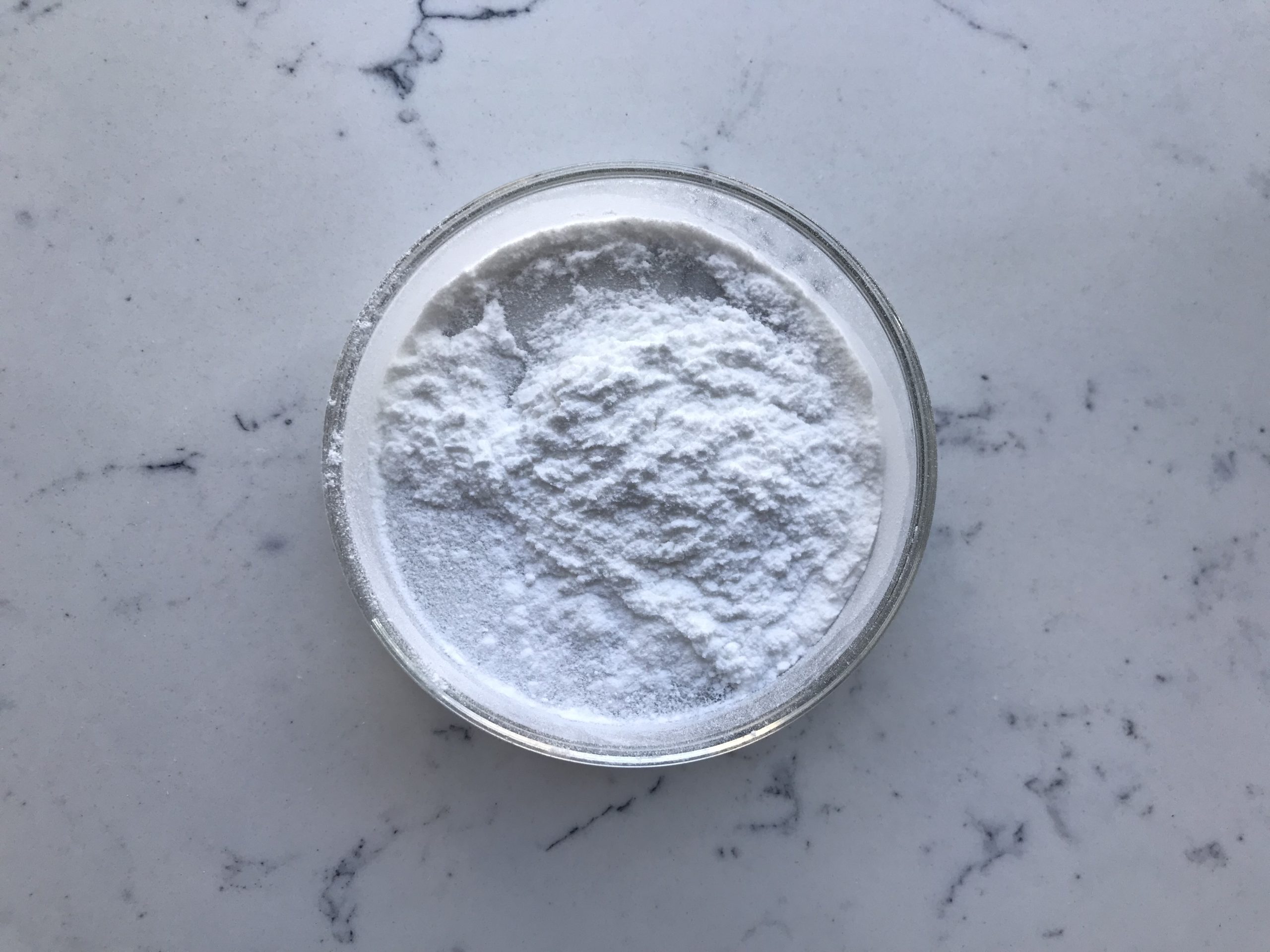DMSA, which stands for “Dimercaptosuccinic Acid,” is a chelating agent used in medicine, particularly in the treatment of heavy metal poisoning, such as lead or mercury poisoning. It has the ability to bind to certain heavy metals and facilitate their elimination from the body. Here are the basic components and aspects of DMSA:
- Dimercaptosuccinic Acid (DMSA): DMSA is the active ingredient and chelating agent in this medication. It is a compound with thiol (sulfhydryl) groups that have a strong affinity for certain heavy metals. The thiol groups in DMSA form stable complexes with heavy metals, allowing them to be excreted from the body via urine.
- Formulation: DMSA is typically formulated as an oral medication, often in the form of capsules or liquid. It is designed to be taken by mouth, allowing it to be absorbed into the bloodstream from the gastrointestinal tract.
- Chelation: Chelation is the process by which DMSA binds to heavy metal ions, forming complex molecules that are more easily excreted by the kidneys. This process helps to reduce the concentration of toxic metals in the body.
- Administration and Dosage: DMSA is usually administered as a course of treatment, with a specific dosage regimen. The dosage and duration of treatment depend on the individual’s condition, the type of heavy metal poisoning, and other factors. A healthcare professional will determine the appropriate dosage and administration schedule.
- Monitoring: During DMSA treatment, patients may undergo periodic blood and urine tests to monitor the levels of heavy metals and other relevant markers in their body. This helps healthcare providers assess the effectiveness of the chelation therapy and adjust the treatment plan if necessary.
- Side Effects: Like any medication, DMSA can have side effects. Common side effects may include gastrointestinal disturbances such as nausea, vomiting, and abdominal discomfort. It’s important for patients to discuss any potential side effects with their healthcare provider.
- Contraindications: DMSA is not suitable for everyone. Individuals with certain medical conditions or allergies may not be able to take this medication. It’s essential to inform your healthcare provider about your medical history and any other medications you are taking before starting DMSA treatment.
- Medical Supervision: DMSA treatment should always be conducted under the supervision of a qualified healthcare professional, preferably one with experience in chelation therapy. They will determine the appropriateness of DMSA treatment based on the patient’s condition and needs.
It’s important to note that the information provided here is general and should not replace professional medical advice. If you or someone you know requires treatment with DMSA or is dealing with heavy metal poisoning, it’s crucial to consult a healthcare provider for personalized guidance and recommendations.
Pharmacological action of DMSA
Dimercaptosuccinic acid, commonly known as DMSA, is a chelating agent that has pharmacological properties primarily related to its ability to bind with heavy metals in the body. Here are some of its pharmacological actions:
- Chelation of Heavy Metals: DMSA is used as a chelating agent to treat heavy metal poisoning, especially lead poisoning. It forms stable complexes with heavy metals such as lead, mercury, and arsenic, allowing these metals to be excreted from the body via urine. The thiol (-SH) groups in DMSA are responsible for binding to the heavy metals.

- Lead Poisoning Treatment: DMSA is particularly effective in treating lead poisoning, especially in children who are at risk due to exposure to lead-based paints, contaminated water, or other sources. The chelation therapy helps reduce lead levels in the blood and tissues, preventing or mitigating the harmful effects of lead toxicity on various organs, especially the brain and nervous system.
- Mercury and Arsenic Chelation: While DMSA is primarily used for lead poisoning, it has also been explored as a chelating agent for other heavy metals like mercury and arsenic. It can help in reducing the body burden of these metals in cases of poisoning or exposure.
- Metal Detoxification in Wilson’s Disease: Wilson’s disease is a rare genetic disorder characterized by the accumulation of copper in the body due to impaired copper metabolism. DMSA has been investigated as a potential treatment to help remove excess copper from the body in conjunction with other therapies.
- Antioxidant Effects: DMSA has been found to exhibit antioxidant properties, which might contribute to its ability to mitigate some of the toxic effects associated with heavy metal exposure. Its antioxidant action is believed to be partly due to its thiol groups that can scavenge free radicals and protect cells from oxidative damage.
- Radioprotective Effects: Some studies have suggested that DMSA might have radioprotective effects, helping to mitigate the damaging effects of ionizing radiation. This property has potential applications in medical treatments involving radiation exposure and in scenarios where individuals might be exposed to radioactive materials.
It’s important to note that the use of DMSA as a chelating agent should be done under the guidance and supervision of a qualified healthcare professional. Chelation therapy can have potential side effects and interactions with other medications, and its use should be carefully monitored and tailored to individual patient needs.
